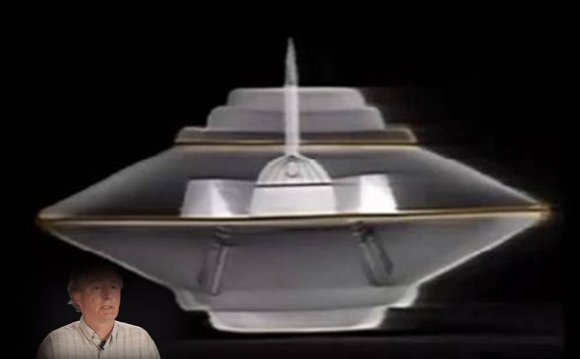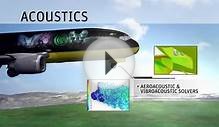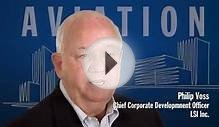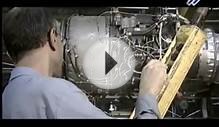
 Engineering Mathematics 1A [60 hours]
Engineering Mathematics 1A [60 hours]
Provides the students with the essential knowledge and analytical skills in mathematics for solving engineering problems. Topics covered include basic trigonometry, common engineering functions, determinants and matrices, vectors and complex numbers.
Engineering Mechanics 1 [60 hours]
This module is designed to provide students with the fundamentals of engineering mechanics and to enable them to analyse and solve problems related to engineering design applications. The topics covered include concepts and principles of mechanics, Newton's 3 fundamental laws, statics of rigid bodies in 2-D, stress and strain, moment of inertia of areas and masses, beams, bending moments and shear forces, torsion of circular sectioned shafts, friction, dynamics, work, energy and power.
Aerospace Manufacturing Technology [60 hours]
This module provides the students with the basic knowledge of manufacturing technology. It focuses on the metal-cutting and metal-forming processes, non-traditional machining processes, surface finishing processes and production systems. It aims to give students a clear understanding of the fundamentals of manufacturing technology in general.
Engineering Drawing/CADD [60 hours]
The module covers the knowledge and practical skills of preparing and interpreting engineering drawings. Topics that elaborate the drawing standards and conventions of orthographic projection, sectional views, assembly drawing, dimensioning and pictorial drawing are included to equip the students with the necessary skills in communicating ideas and concepts through technical drawings.
Materials Technology [30 hours]
This module aims to provide students with the intrinsic knowledge of the physical and mechanical properties of engineering materials, such as steel, aluminum, plastics and special materials such as super alloy, titanium and composite materials. With this knowledge, the students will be able to select the most appropriate materials for use in engineering and plastics moulding process applications. The topics covered include ferrous, non-ferrous and plastic materials and their properties, fundamentals of heat treatment, surface hardening processes and material property characterisation.
Introduction to Engineering [60 hours]
This module introduces students to basic aircraft structures and workshop practices.Coverage includes aircraft structure project and basic skills for turning, milling and grinding processes.With this training, the students will be able to identify aircraft structural nomenclature and perform conventional machining processes essential for aerospace industry.
Engineering Mathematics 1B [60 hours]
This module provides the students with the essential knowledge and analytical skills in mathematics for solving engineering problems. Topics covered include trigonometric, logarithmic and exponential functions, differentiation and integration.
Electrical Principles & Circuits [60 hours]
This module equips students with the fundamentals of DC and AC electrical circuits containing resistances (R), inductances (L) and capacitances (C). Besides learning and applying the relevant electrical principles pertaining to R, L and C, the other topics covered are electrical safety rules, measurements of basic electrical quantities with the standard analogue / digital measuring instruments, correct usage of laboratory equipment and devices such as the analogue / digital multi-meters, variable and regulated DC / AC power supply units, dual-trace oscilloscope, frequency generator, circuit protection devices, cables, connectors, switches, relays and the standard electrical / electronics components.
Analogue & Digital Electronics [60 hours]
Fundamentals of analogue and digital electronics are introduced. This module provides essential knowledge of the characteristics of electronics components and devices such as PN junction, transistors and operational amplifier. Logic functions and circuits for analysis, design and trouble-shooting are also covered.
Communication Skills [30 hours]
This module aims to sharpen the communication skills of students in an engineering and academic environment. It covers methods of study, reading listening, technical writing and oral presentation. Topics such as communication process, interpersonal conflict, conflict management, negotiation skills and team dynamics will be covered. Students will also learn about self-esteem and professional image, as well as sharpen their note-taking, reading comprehension and oral presentation skills. They will learn to write proposals, technical reports and business letters as well.
Computer Programming [60 hours]
This module comprises two parts. The first part gives an overview of the computer and its applications, with a focus on personal computers. It includes a section on how to develop algorithms and drawing flowcharts. The second part of the module covers computer programming using C language. The emphasis is on mastering basic programming skills. The module has a practical orientation with ample hands-on practice.
RELATED VIDEO












